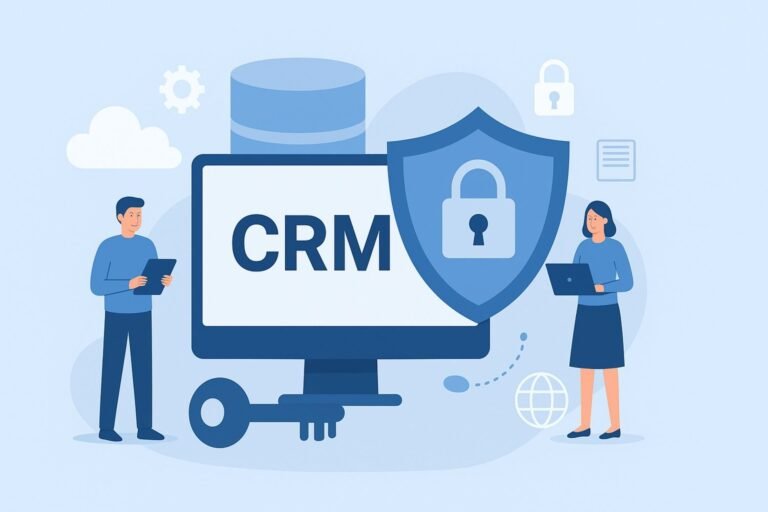1. Background and Purpose
In today’s competitive sports industry, a sports facility is no longer just a place—it’s an experience. Whether it’s a gym, a multi-sport complex, or a community center, a well-structured Sports Facility Marketing Plan helps you win not just the market, but also people’s hearts.
2. Latest Trends Shaping 2025
Here are the newest marketing trends to integrate into your facility strategy:
-
Data-Driven Engagement
Deloitte highlights that using fan data (ticketing, memberships, merchandise, and personalized offers) significantly boosts engagement, sponsorships, and revenue. -
Naming Rights as a Revenue Model
For example, LA28 Olympics will allow corporate venue naming for the first time. If your facility has commercial appeal, this could unlock new sponsorship opportunities. -
Rising Focus on Women’s Sports
With the surge in interest and investments, new arenas and training centers for women’s sports are opening, creating unique marketing opportunities. -
Interactive Technology
LED courts like ASB GlassFloor don’t just create a futuristic experience, but also offer branding and data-driven possibilities. -
Community-Based and Social Marketing
Partnerships, fan zones, and NIL programs are booming. For instance, DirecTV’s college sports fan zones and TikTok-based behind-the-scenes content by ATP show how digital storytelling drives engagement.
3. Step-by-Step Sports Facility Marketing Plan
A. Define Your Audience
Identify who you serve: competitive athletes, casual fans, schools, or corporate wellness groups.
B. Establish Your Unique Value
What makes your facility stand out? Advanced equipment, expert coaching, convenient location, rehab and nutrition services, or all of the above?
C. Go Digital First
-
Build a responsive website
-
Offer virtual tours & video walkthroughs
-
Enable online booking & registration
-
Share engaging visual content on social media
-
Stay connected with newsletters & email campaigns
D. Build Community Engagement
-
Partner with schools, teams, or local leagues
-
Host community events, tournaments, or workshops
-
Use membership or referral programs for retention
E. Seasonal & Real-Time Marketing
-
Run off-season offers to maximize utilization
-
Launch real-time campaigns around major sports events. Studies show that contextual ads during big games increase brand recall by over 20%.
F. Integrate Technology
-
Smart LED courts, streaming setups, AR experiences
-
Real-time analytics for fan engagement and facility optimization
G. Track Results & Adjust
-
Define KPIs: utilization rate, membership growth, social media engagement, and customer satisfaction
-
Review monthly or quarterly, then refine strategy
4. Human Touch: Why It Matters
Imagine hosting a small community event at your facility. Families, young athletes, and fans gather. After the event, a parent says:
“My daughter stepped onto the court here for the first time today, and she didn’t just play—she gained confidence. This was more than sports. It was inspiring.”
Moments like this make your facility not only competitive in the market but memorable in people’s lives.
5. Quick Action Plan Table
| Step | Immediate Action |
|---|---|
| Audience Targeting | Define customer segments and craft key messages |
| Unique Positioning | Highlight facility’s standout features |
| Digital Setup | Website, booking, social media platforms ready |
| Community Events | Collaborate with schools & local sports teams |
| Tech Integration | Add interactive or streaming technology |
| Seasonal Offers | Run off-season & event-based promotions |
| Performance Track | Use KPIs and adjust strategies regularly |
Final Thoughts
In 2025, an effective Sports Facility Marketing Plan is not just about digital ads or discounts—it’s about blending data-driven strategies with human experiences. When you combine cutting-edge tools (naming rights, TikTok campaigns, LED courts) with authentic community engagement, you create a facility that people don’t just visit—they belong to.



